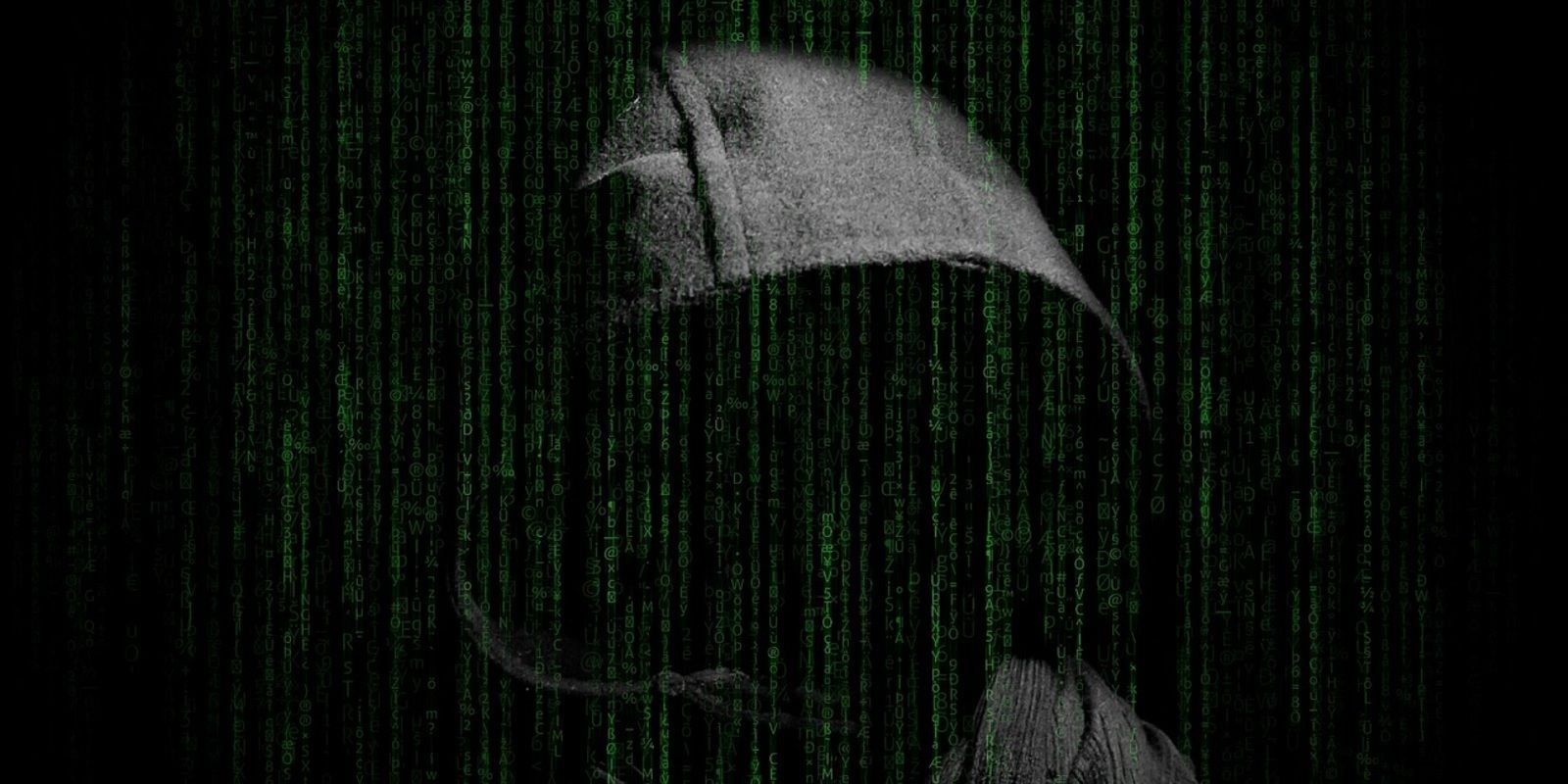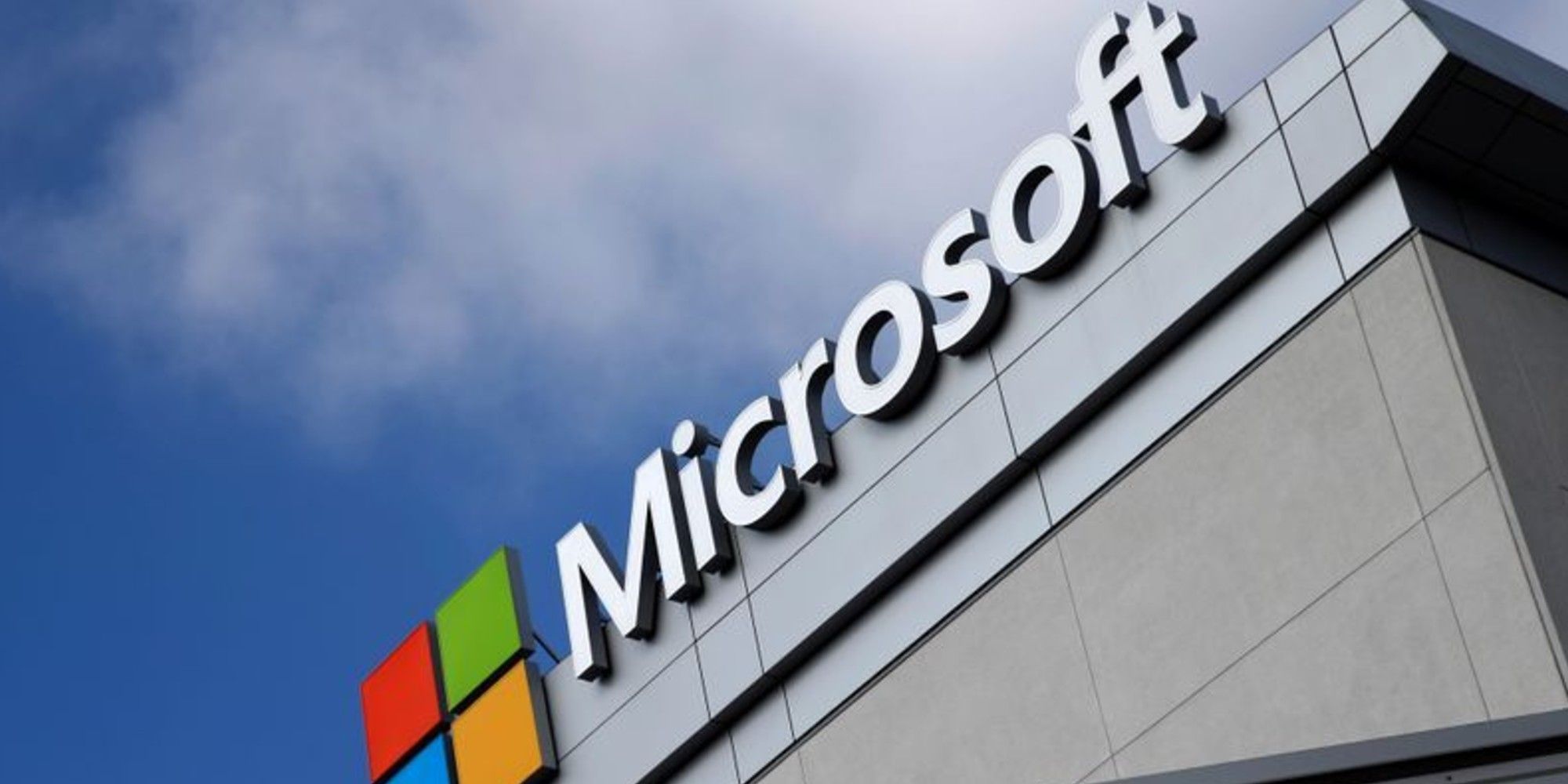
Microsoft has found people are becoming less civil on the internet. Based on data from a new study by the software giant, the percentage of people being exposed to divisive online risks has risen globally this year. In a world full of polarizing social media posts, online attacks and claims of fake news, the results of the study are not that surprising.
The new report builds on similar research Microsoft has been conducting since 2016. In its first study, Microsoft polled both teens and adults from fourteen different countries about their exposure to various online risks, with the number of respondents and countries growing with each new one. Over the past five years, Microsoft has polled more than 58,000 people about their views on digital safety.
The latest Civility, Safety and Interaction Online – 2020 study found that online risks hit record levels. For example, 31-percent of respondents said they had been exposed to online hoaxes, scams and fraud. This is up two percentage points from 2019 and three percentage points since fraud was added to the list of online risks in 2017. Similarly, 20-percent of the respondents said they'd experienced online hate, and 15-percent have dealt with online discrimination. These findings are up four and five percentage points, respectively, since the first survey in 2016. The study surveyed 16,051 people from age 13 to 74 in 32 countries about their exposure to 21 different online risks, spanning four categories: behavioral, sexual, reputational and personal/intrusive. The complete results will be released alongside the latest Microsoft Digital Civility Index for Safer Internet Day on February 9, 2021.

Like in previous years, these digital risks came primarily from strangers or online-only connections, especially when it came to bullying-type behaviors. Of the respondents who said they had been bullied online, 33-percent said their bullies were strangers. For both mean and cruel treatment online and harassment, it was even higher at 37-percent and 47-percent, respectively. However, online abusers aren't always strangers. According to the study, 22-percent of these risks came from the respondents' so-called, "friends." This finding is up nine percentage points from the first study.
Microsoft released the study this past Friday to coincide with World Kindness Day in an attempt to get people to pledge to be nicer online. It has created what it calls a "Digital Civility Challenge" to promote a friendlier internet and boils down to four tenets: people should live by the golden rule online, respect cultural differences and diverse perspectives, pause and think about what to post before replying to something they disagree with, and standing up for themselves and others in the face of online abuse. It's a nice sentiment by Microsoft and may get some people taking the pledge, but it seems unlikely it will make people more civil online in the long run.
Source: Microsoft
from ScreenRant - Feed https://ift.tt/3pCNxDt


0 Comments